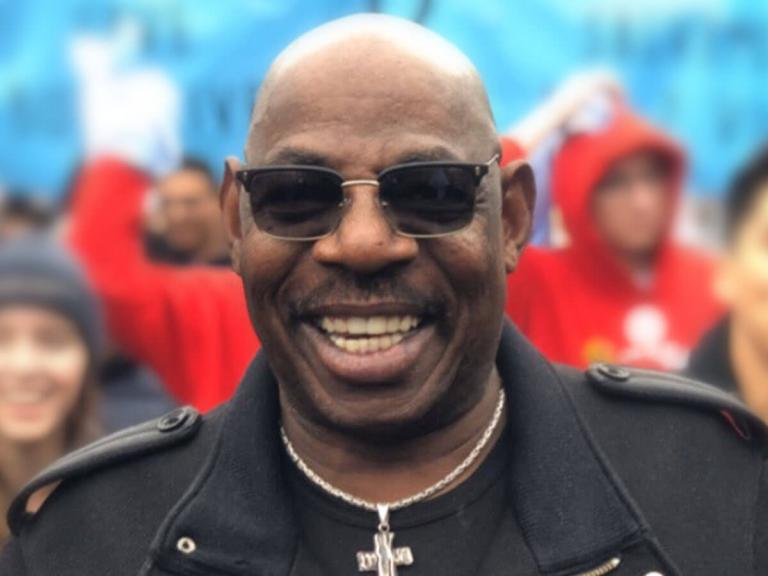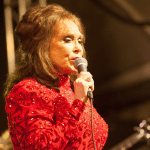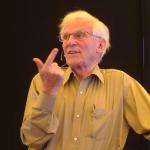
On October 9, 1977, the Philadelphia Eagles were playing against the New York Giants when the quarterback called for a “Toss 48.” The handoff went to tailback Herb Lusk II, who’d had a scoreless first season the year before. Lusk ran the football 70 yards for a touchdown that day and, for the first recorded time in NFL history, took a knee in the endzone to pray and thank God for the touchdown. Years later when recalling that moment, Lusk said, “I was the first one [to do it]. It was my way of saying thanks.” Lusk had actually started kneeling in the endzone during his senior year in 1974 at California State University, Long Beach when he ran 1596 yards. The act earned him the nickname, “the praying tailback.” During the 70s, endzone celebrations were not commonplace like they are today and even sometimes looked down upon. Lusk said that he began the ritual as a way to thank God for being allowed to play football after an injury had nearly ended his football career. “I hurt my knee in junior college and the doctors said I’d never play football again, but I put my fate in God’s hands. I prayed every day and I knew if my knee healed, it was His will for me to continue playing,” he said.
Lusk wouldn’t stay in the NFL long after that touchdown. In 1979, he woke up during training camp and declared he could no longer play football because God was calling him into ministry. “I woke up in the dorm room and I knew it was over for me. I could feel the Lord’s call,” he recalled. “It wasn’t a step down, going from the NFL to the church. It was a step up. My work is now eternal. I’m caring for people’s souls. That’s more important than carrying a football,” he told the Philadelphia Daily News. Lusk soon began his seminary studies and preached his first sermon in 1980 at the First African Baptist Church in Sharon Hill, Pennsylvania. He later took on a position as senior pastor at Greater Exodus Baptist Church in Philadelphia. The church was dying at the time, with less than 20 active members and a leaky roof. Lusk would serve at the church for 40 years and it now boasts more than 2000 members. He was also the chaplain to the Eagles for 25 years. “I’m glad I played football, and it was fun,” he said. “But now that I’ve been working with the Eagles as a chaplain now for about 25 years, what I really like is talking to the guys about life after football and how wonderful it can be.”
Apart from being a dynamic pastor, Lusk became a role model of the “compassionate conservative.” He started a nonprofit called People for People to help alleviate poverty. The program expanded to creating a charter school, daycare, and mentoring program. He spoke at the Republican National Convention in 2000 and pushed for “faith in action.” After President George Bush was elected, Lusk served as an advisor for People to People and raised $1.44 million in government funds. He was also a strong pro-life advocate. When Lusk reflected on his life, to him it was impossible to separate his faith and his career. “I think people have a misconception that religion doesn’t belong in sports. There are people who have said, ‘Wait a minute now, are we playing football or are we in church?’ My answer to that is we do nothing without Christ. We do nothing without our faith. We take it everywhere with us.”
Lusk died at his home from cancer at the age of 69. He leaves behind his mother, Bettye; his wife, Vickey; daughters, Danuelle Cedrick and Laiah David; and son, Herb Lusk III. His legacy continues on in the lives he touched through his ministries.


